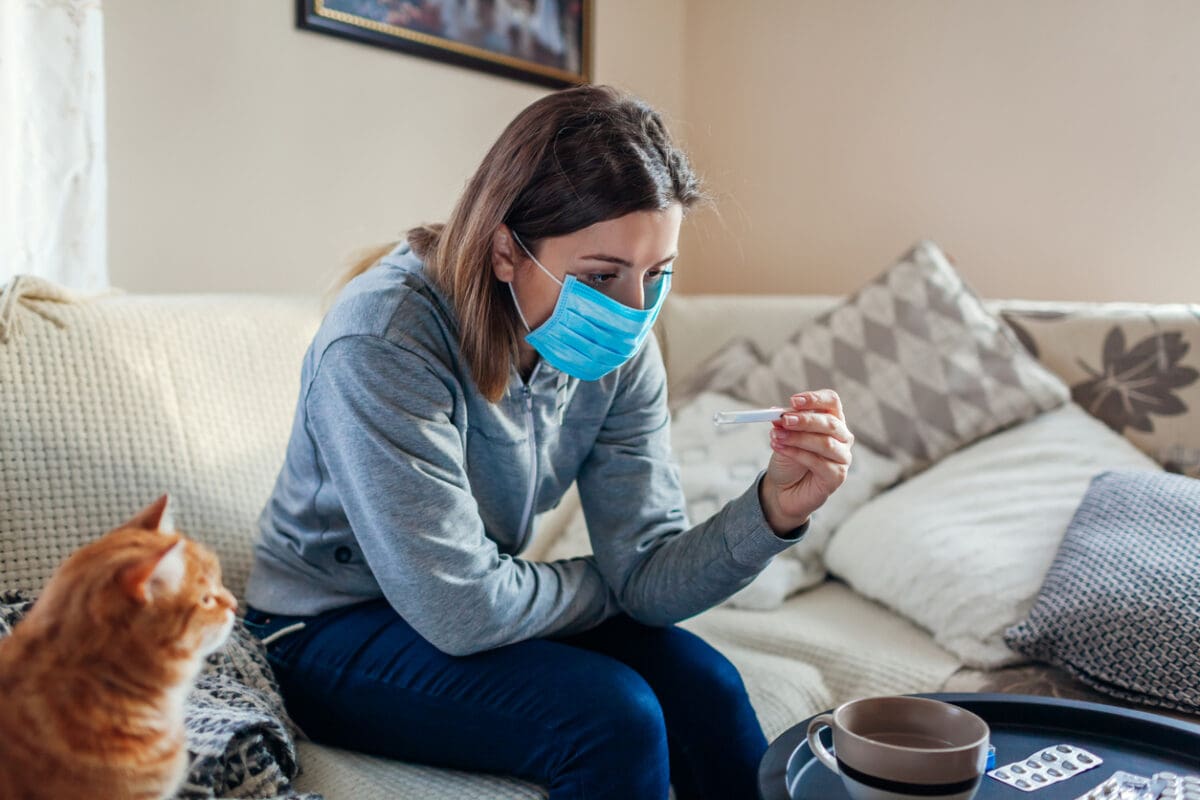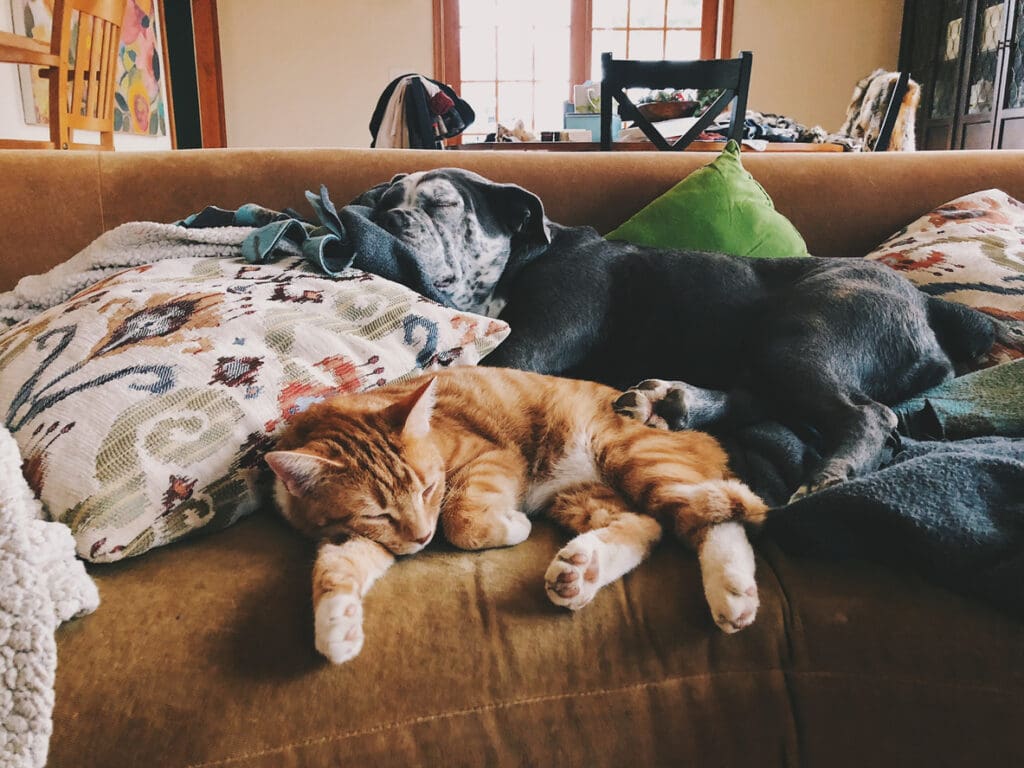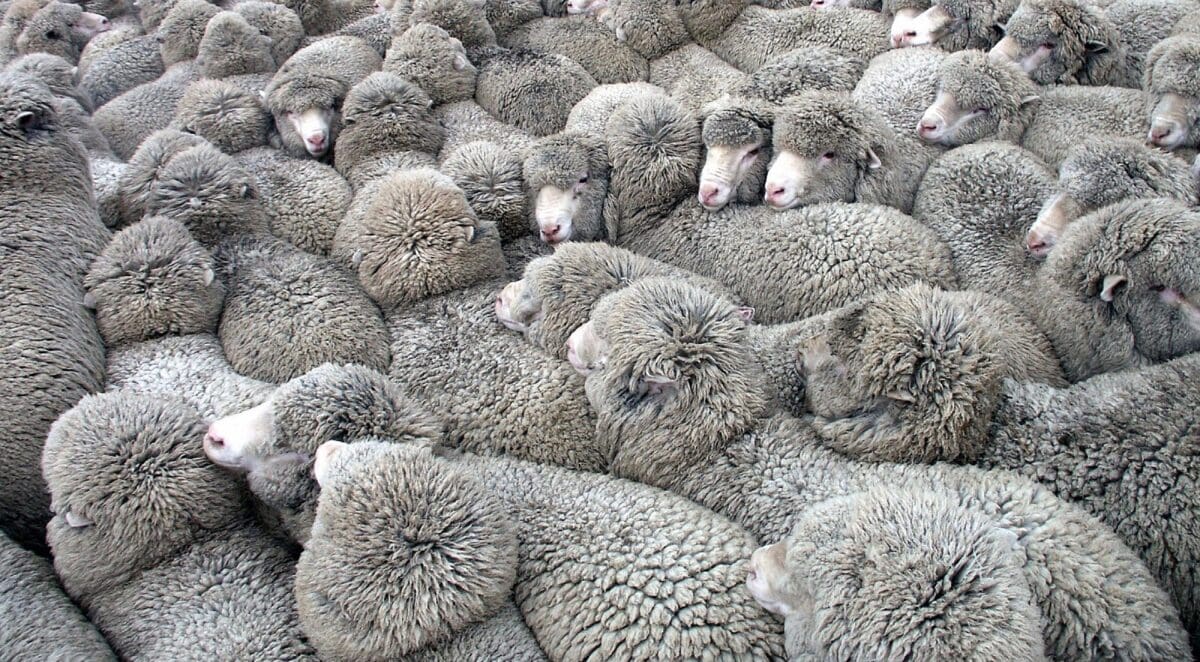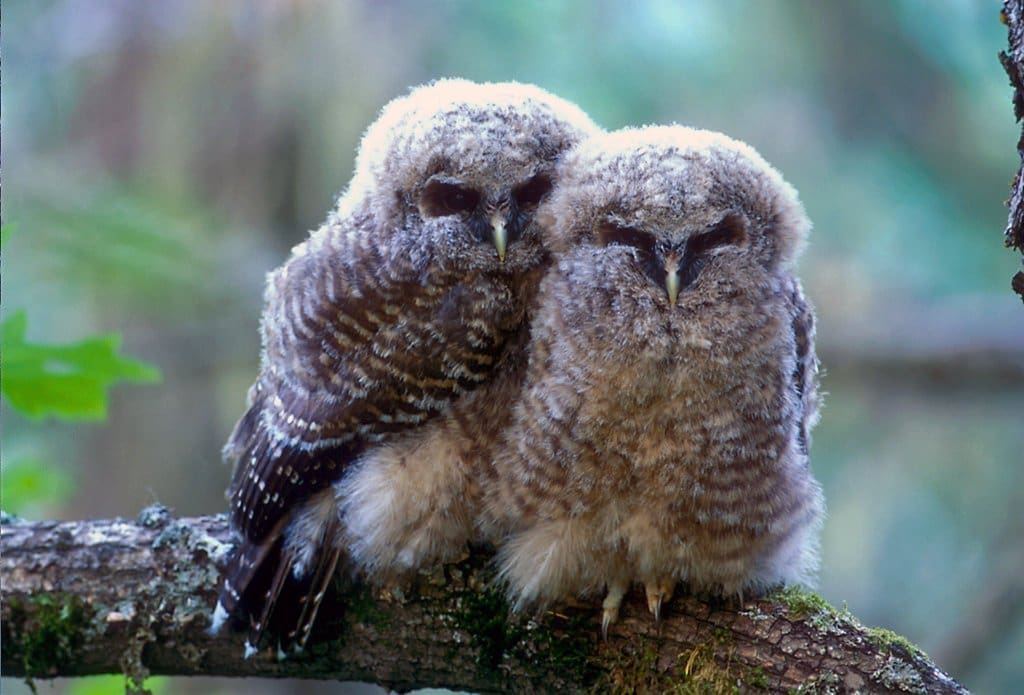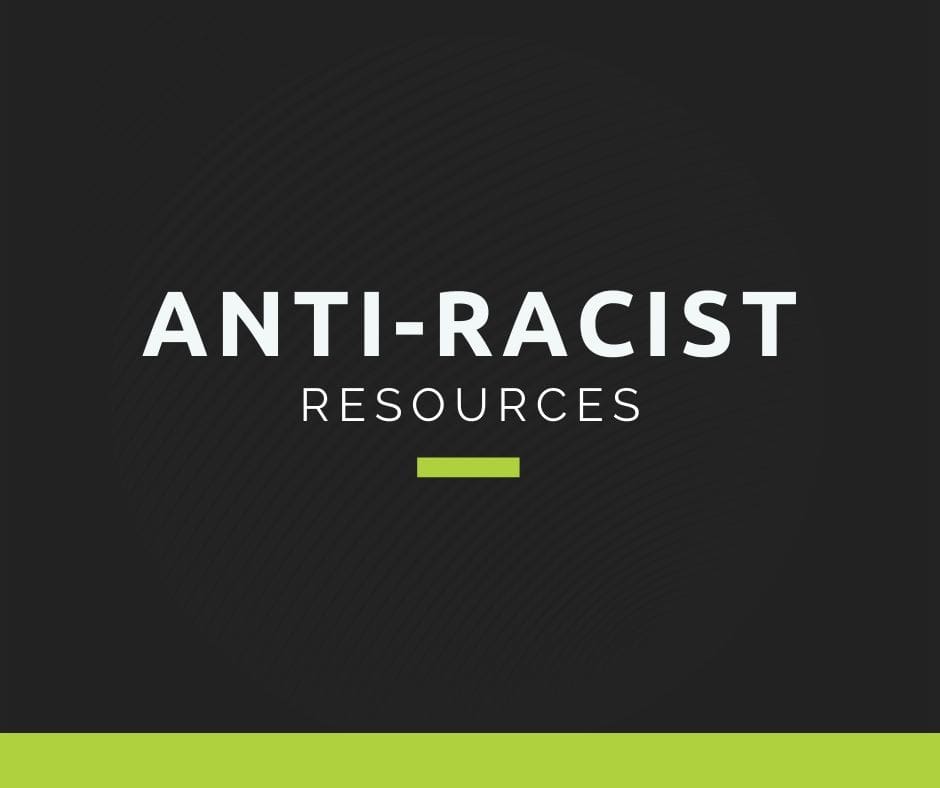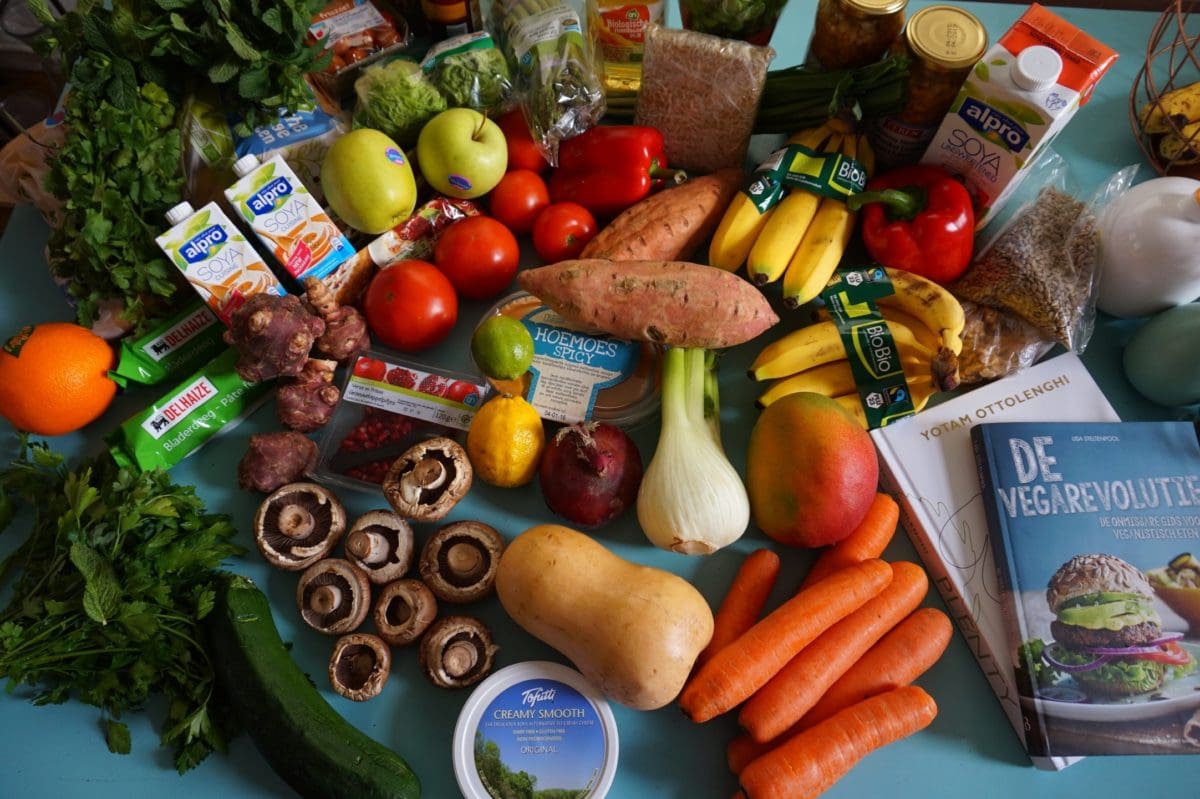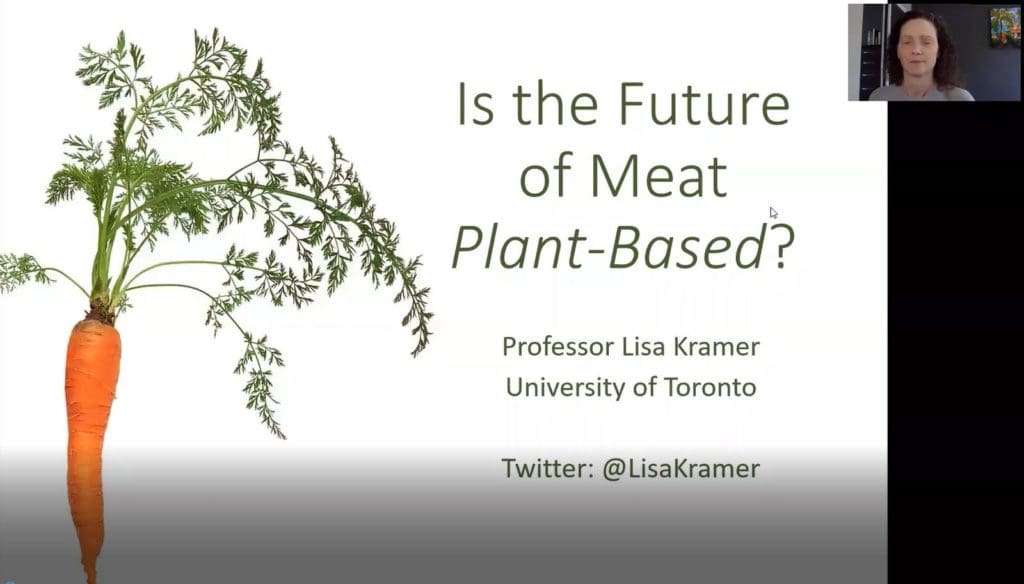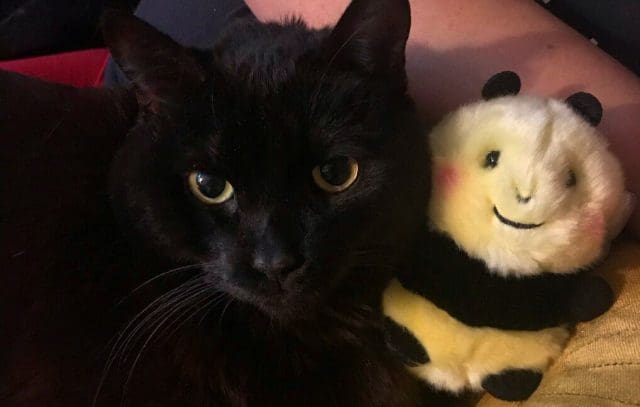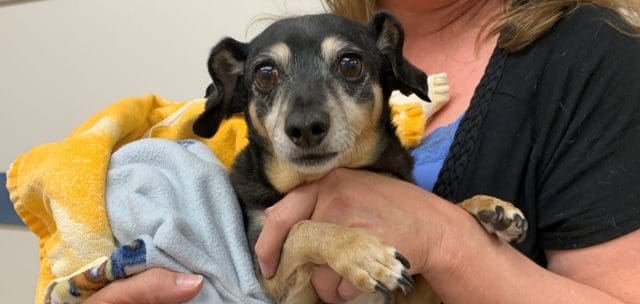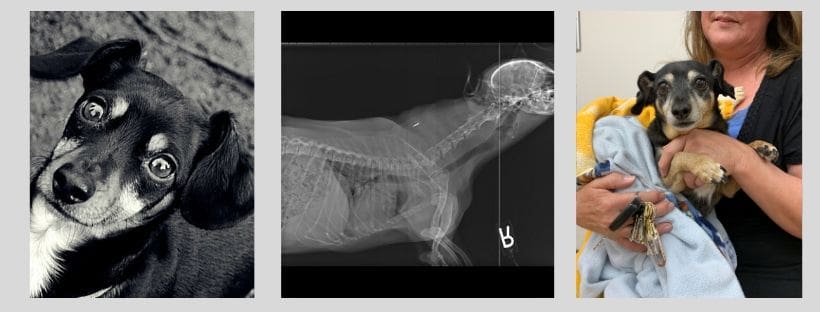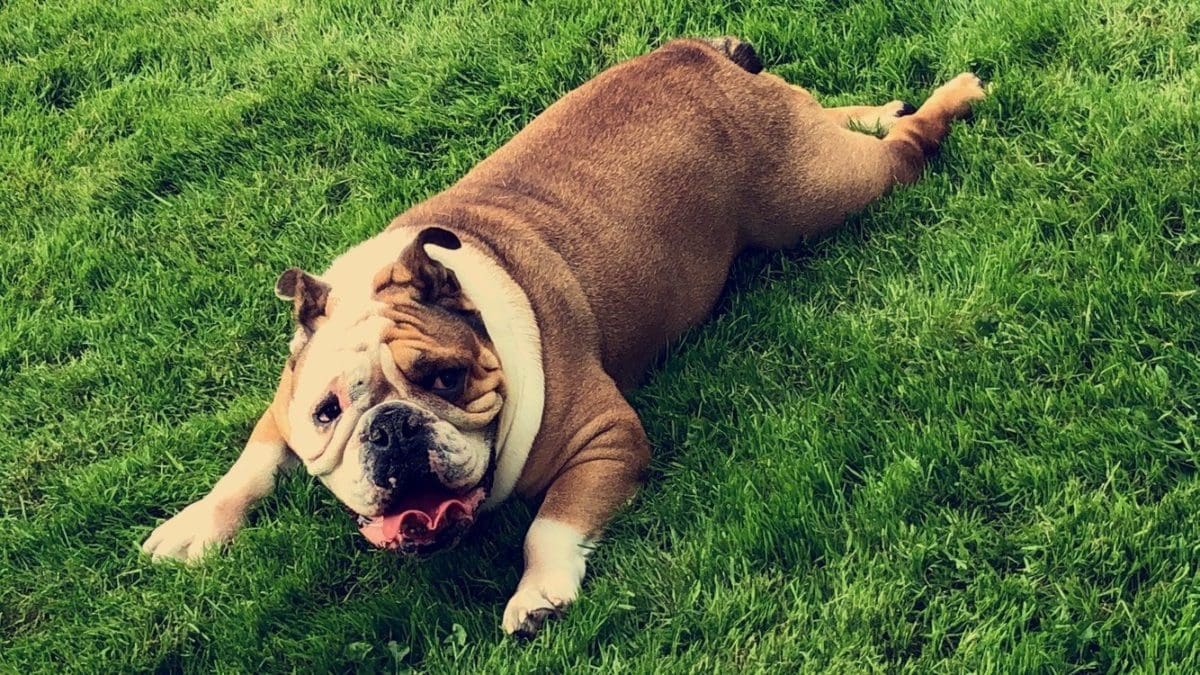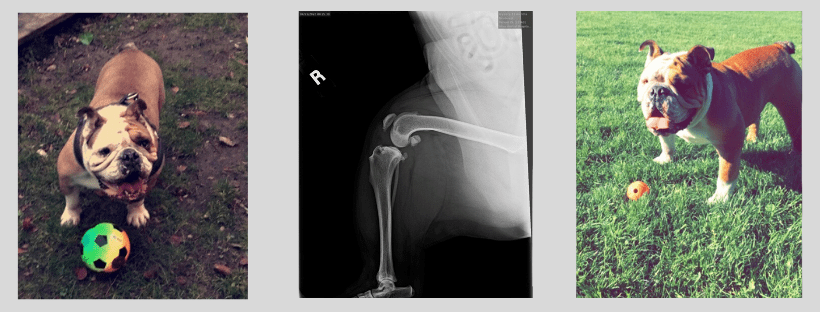Animal-free shopping and eating guide
Do you want to make sure no animals were harmed when you’re shopping or eating? Struggling to find the perfect gift for someone? Looking to support and order from a local restaurant? This list of plant-based businesses in Vancouver & the Lower Mainland has you covered.
Click on a section in the table of contents to be directed to a list of relevant plant-based businesses in Vancouver and the surrounding area (with a few clothing retailers from elsewhere in Canada.)
Interactive map
Restaurants that are 100% plant-based
Dessert businesses that are 100% plant-based
| Business name | In store? | Online shopping? | Description |
| Bonus Bakery | 1185 W Georgia St, Vancouver, BC | Y | Drinks & pastries |
| Dough & Co | N | Y | Bakery delivery |
| Edible Flours | 2280 W Broadway, Vancouver, BC | Y | Cupcakes, cookies, breads, loaves and other bakery goods |
| Fairy Cakes | 3586 Fraser St, Vancouver, BC | N | Baked goods & popsicles; peanut/nut-free |
| Flourgirl Baking | N | Y | Cinnamon and other sweet buns |
| GLOW Chocolate | Multiple locations | Y | Chocolates and truffles |
| Hooray Truffles | N | Y | Chocolates and truffles |
| Level V Bakery | 39 Kingsway, Vancouver, BC | Y | Cakes & pastries |
| Living Lotus | N | Y | Chocolate products |
| Livvy’s Bakery Cookies | Multiple Locations | Y – through SPUD | Cookies |
| Naked Dough | N | Y | Cookie dough |
| Panela Lemon | 1507 Powell St #150, Vancouver, BC | Y | Cookies |
| Pikanik | N | Y | Gluten-free, allergy-free artisan breads, cakes, desserts, etc |
| Saviour Foods | N | Y | Cookie dough |
| Say Hello Sweets | 620 Quebec St, Vancouver, BC | Y | Ice cream |
| Sweets From the Earth | N | Y | Cakes, cookies, muffins, bars & squares |
| To Live For | Multiple locations | Y | Baked goods |
| Two Daughters Bakeshop | 980 W 1st St #105, North Vancouver, BC | Y | Vegan & gluten-free pastries, breads & other treats |
| Umaluma Dairy-Free Gelato | 235 E Pender St, Vancouver, BC | Y | Ice cream – some flavours contain honey |
| Vegan Pudding & Co | 101 – 422 Richards St, Vancouver, BC | Y | Window counter selling cakes, pudding and tea |
| Vogue Cakes | N | Y | Cakes & other desserts |
| Yellow Basket Baking | N | Y | Organic, nut-free bakery operating at pop-ups & farmer markets |
| Zimt Chocolate Cafe | 1336 Clark Dr, Vancouver, BC | Y | Organic treats, hot drinks and chocolates |
Food and beverage businesses that are 100% plant-based
Plant-based clothing, bedding, footwear and products
| Business name | In store? | Online shopping? | Description |
| Bed | 2932 Main Street, Vancouver, BC | Y | 100% cotton bedding |
| Bellantoni | Multiple retailers | Y | Sustainable vegan clothing |
| ComfyComfy | N | Y | Buckwheat hull pillows |
| Daub and Design | N | Y | Sustainable vegan clothing |
| Dream Designs | 2749 Main Street, Vancouver, BC | Y | Natural bedding, some contain wool |
| Fairechild | N | Y | Recycled vegan rain protection for adults and kids |
| Frank and Oak | 316 West Cordova St, Vancouver, BC | Y | Sustainable outerwear, some products contain wool |
| Friend & Faux | N | Y | Vegan clothing |
| Grinning Goat | N | Y | Animal-free clothing, shoes, accessories and beauty products |
| Haven Sleep Co | N | Y | A variety of vegan mattresses and bedding |
| inBed Organics | 1683 Chestnut St, Vancouver, BC | Y | A variety of vegan mattresses and bedding |
| Inner Fire Activewear | N | Y | Sustainable vegan yoga pants and clothing |
| Kuseno Comfort Products | Multiple retailers | Y | Buckwheat hull pillow and hot/cold packs |
| Mala the Brand | N | Y | Candles made using soy, cotton, wood and glass |
| Native Shoes | Multiple retailers | Y | All vegan footwear |
| Nice Shoes | 3568 Fraser Street, Vancouver, BC | Y | All vegan footwear |
| Noize | Multiple retailers | Y | All vegan clothing and outwear |
| Peace People Project | N | Y | Upcycled vegan clothes |
| Plantactive | N | Y | Clothing with vegan messages |
| Save the Duck | Multiple retailers | Y | Vegan clothing and outerwear |
| Vegan Yarn | N | Y | Yarn made of cotton, bamboo, linen, and Tencel (Eucalyptus trees) |
| Vessi Footwear | N | Y | All vegan footwear |
| Wuxly Movement | Toronto, ON | Y | Canadian-made vegan outwear |
Plant-based beauty and cleaning products and services
| Business name | In store? | Online shopping? | Description |
| Aspen Clean | Multiple retailers | Y | Eco-friendly cleaning service with specially developed plant-based products |
| Blue Dot | N | Y | Single ingredient of ionized water that can disinfect fruits and vegetables |
| Botanical Therapeutic | N | Y | Hair and skin care products |
| Ceremonie | N | Y | Natural skincare products |
| Clarity Apothecary | N | Y | Natural oils |
| Eventide Botanic Alchemy | N | Y | Face masks |
| Honest Cleaning & Services | N | Y | Cleaning service with vegan products |
| Ilia | Y | Y | Skincare powered makeup |
| Lippy Girl Makeup | Multiple retailers | Y | Make-up |
| Lisse | N | Y | Shaving products and soaps |
| Live for Tomorrow | Multiple retailers | Y | Cleaning products |
| Nala Care | Multiple retailers | Y | Deoderant |
| Nellie’s All-Natural | Multiple retailers | Y | Zero-waste cleaning products, laundry detergent |
| Okoko Cosmetiques | Y | Y | Botanical oils and extracts |
| Peregrine Supply Co | Multiple retailers | Y | Beard and grooming products |
| Pink House Organics | Multiple retailers | Y | Bath, body, skin, and makeup |
| Riversol | Y | Y | Specialty skincare |
| Sapadilla | Y | Y | Cleaning products |
| Sappho: New Paradigm | Y | Y | Organic, vegan makeup |
| Scentuals | Y | Y | Hand sanitizer, bath and shower, body, face and aromatherapy |
| Skwalwen Botanicals | Y | Y | Wild harvested plants for face and body products |
| Tru Earth | Y | Y | Zero waste laundry detergent |
| United and Free | N | Y | Gender-neutral hair, skin, and bath care products |
| Vintage Touch Cleaning | N | Y | House cleaning services |
| Vitale Body & Soul Care | Y | Y | Skincare products |
| Wild Jasmine Natural Apothecary | Multiple retailers | Y | Handcrafted bath and body care products with an eco-conscious focus |
| Willow’s Wax Bar | 2139 East Hastings Street, Vancouver, BC | N | Cruelty-free wax and other beauty products |
| Woodlot | Multiple retailers | Y | Vegan and eco-friendly skin care |
Plant-based pet products
| Business name | In store? | Online shopping? | Description |
| v-planet | N | Y | Plant-based dog food |
| Vecado | Multiple retailers | Y | Plant-based pet food and treats |
| Virchew Dog Food | N | Y | Plant-based dog food |
Do you know of more plant-based businesses in Vancouver or the Lower Mainland? If you have any additions or modifications to this listing, please email info@vancouverhumanesociety.bc.ca.
Looking for more plant-based eating tips? Take the plant-based pledge to receive weekly vegan recipes in your inbox!


